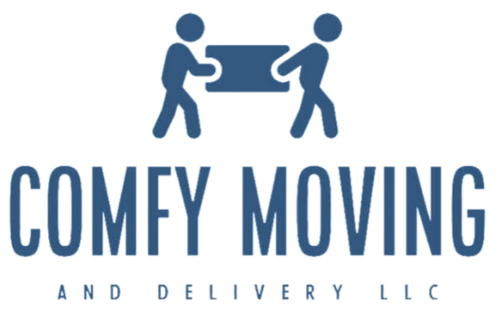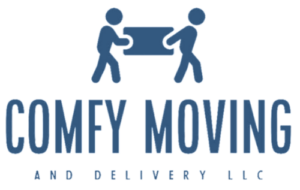Don’t Waste a Minute: Smart Time Management for Moving Day
Why Time Management Matters?
Moving day is a fixed deadline. Trucks, movers, elevators, and schedules converge into one limited timeframe. Every wasted minute can cause extra costs, missed deadlines, or unnecessary stress. Unlike other parts of moving that allow flexibility, this day offers no second chance. That is why making every minute count is essential — your time is money.
Preparation as the Key to Success
The most effective way to save time on moving day is to prepare in advance.
- Decluttering: Get rid of items you do not need weeks before the move. This reduces packing time and cuts transportation costs.
- Packing with a system: Use sturdy boxes, label them by room, and mark fragile items clearly. A color-coded system speeds up unloading.
- Essential box: Keep everyday necessities — medications, chargers, toiletries, keys, snacks — in one container you can access instantly.
- Furniture readiness: Disassemble large pieces in advance and keep screws and bolts in labeled bags.
- Logistics confirmed: Reserve parking, book elevators, and double-check the movers’ schedule.
Each step eliminates potential time-wasters that create chaos on the actual day.
Coordinating With Movers Effectively
Professional movers are trained for efficiency, but they rely on clear instructions.
- Assign one person as the main contact who directs movers to each room.
- Keep hallways and entrances free of clutter.
- Make sure pets and small children are in a safe space away from the moving zone.
- Have water and light snacks available — keeping movers comfortable helps maintain their pace.
- Prepare documents, contracts, and payment before the truck arrives.
This coordination ensures movers spend their hours working, not waiting.
The Financial Dimension of Time
Most local moves are charged by the hour. When boxes are unlabeled, furniture is still assembled, or parking is unclear, the clock keeps ticking — and your bill increases. Long-distance moves are charged differently, but delays can still add overnight stays, rescheduling costs, or late delivery penalties. In both cases, lost time is lost money.
Stress Reduction Through Structure
Disorganization multiplies stress. A simple timeline helps you stay calm:
- Movers arrive and load boxes first.
- Large furniture follows.
- Priority box is set aside for quick access.
- Final home check — lights off, water shut, doors locked.
This structure provides clarity and prevents the most common errors, like leaving essentials behind or forgetting keys.
Hidden Time-Wasters to Avoid
One of the biggest mistakes is trying to finish packing after movers arrive, forcing them to wait. Forgetting to empty appliances such as washing machines or fridges also causes unnecessary delays. Overloaded boxes that break apart lead to repacking and wasted effort. Another common problem is when several family members give movers conflicting directions, which slows down the process. Finally, not reserving a parking spot near the entrance means movers must carry items farther, adding time and cost.
Making Every Minute Count
Think of moving day as a project where every element matters. The inputs are your boxes, furniture, movers, and vehicles. The levers are preparation, communication, and organization. The outputs are speed, cost savings, and reduced stress. You act as the project manager, and your role is to keep control over the levers. By setting clear priorities, making quick decisions, and planning ahead, you can turn a stressful move into an efficient, structured transition.
Final Thoughts
Your time is the most valuable asset during a move. When you prepare carefully, guide movers clearly, and avoid common mistakes, every minute works in your favor. A structured moving day saves money, prevents stress, and helps you settle into your new home sooner. Treat it like an investment: the more wisely you spend your time, the more rewarding the result.









